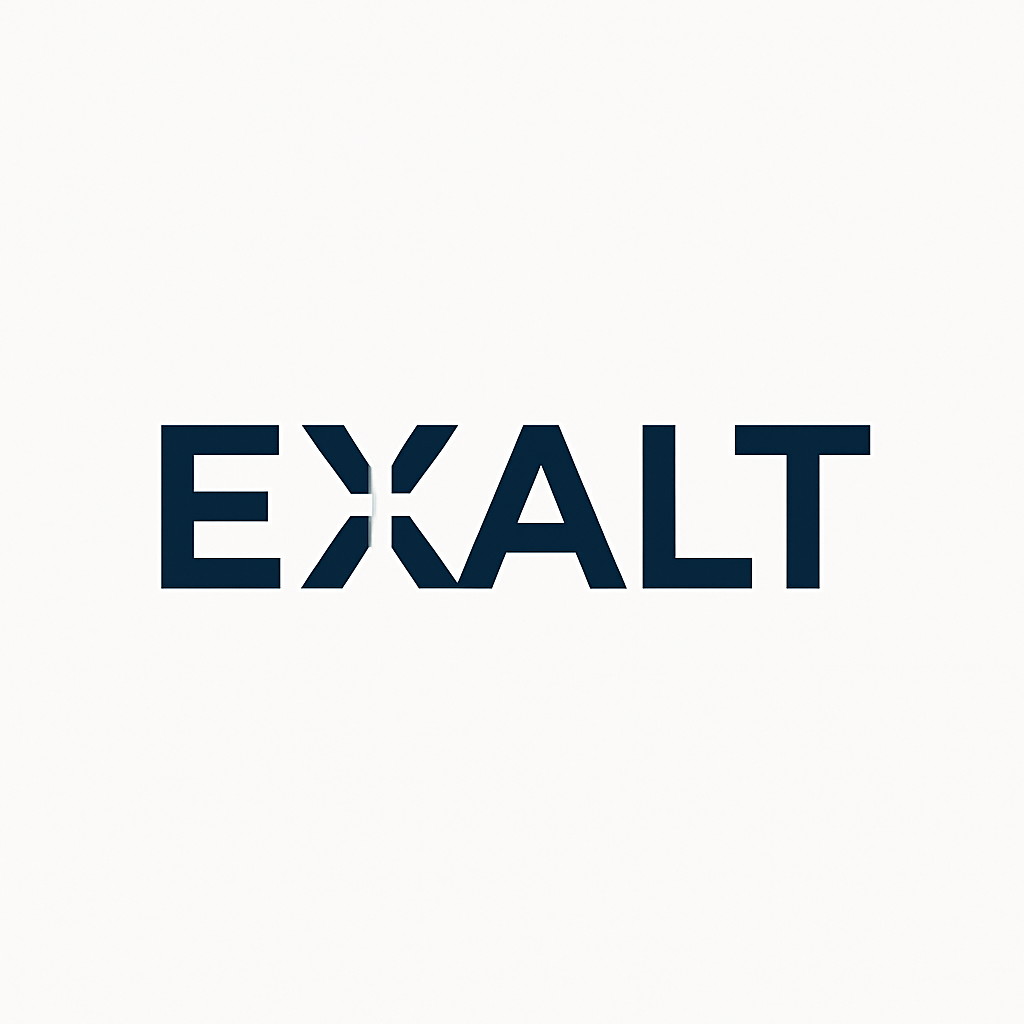The First Principle of Faith + Technology: God Alone Creates Life
Maria has worked faithfully in customer service for 15 years. Last month, her company rolled out an AI chatbot that now handles most customer questions. She wonders if her role still matters.
Across town, a pastor experiments with an AI tool to draft a sermon outline, curious if it might save him precious time.
Both workers and leaders are facing the same tension: AI offers the allure of speed, efficiency, and convenience—but if we’re not careful, we can forget the difference between what machines generate and what it means to be human.
From homework to hiring, from sermon prep to social media, AI is already shaping how we live and lead. That makes this first principle essential: before we decide what technology can do for us, we must remember what it can never be.
More Than Data
AI is not alive. It doesn’t think, feel, or understand. At its core, today’s most advanced systems—like large language models—analyze vast datasets, recognize patterns, and generate outputs that sound convincing. They are powerful pattern-matching tools, not conscious beings.
AI may appear creative or empathetic, but this is mimicry, not life.
Human beings are different. Genesis 1:27 tells us we are created in the Imago Dei—the image of God. Our worth does not come from productivity, output, or algorithms, but from God’s breath of life.
We can create tools, but only God creates life. The difference matters.
From Fear to Responsibility
The rise of AI brings real tension.
Workers fear losing their jobs.
Leaders feel pressure to adopt AI quickly.
Pastors worry about relying on technology for Spirit-led work.
Fear is understandable. But fear doesn’t need to drive us. Instead, Christian leaders are called to take responsibility—seeing AI not as a master to obey or an idol to fear, but as a man-made tool that can never rival the life God creates.
When we expect machines to give us meaning, wisdom, or identity, we aren’t just misusing technology—we’re flirting with idolatry.
This is why our first task isn’t to ask what AI can do, but to re-anchor ourselves in who we are.
The Value of People Over Output
AI can bring efficiency. But when leaders rely on it without discernment, progress can come at the expense of people.
In business: Résumé-screening algorithms may speed up hiring, but risk reducing people to data points and overlooking the God-given dignity of each candidate.
In ministry: AI sermon generators may save time or spark ideas, but they can never replace prayer, Scripture, or the Spirit’s guidance.
Faithful leadership isn’t measured by speed or efficiency, but by whether leaders keep people at the center—valued as image-bearers of God.
And here’s the hope: ethical use of AI isn’t just right—it also builds long-term trust with employees, customers, and communities. Leaders who anchor technology in worth will shape organizations that last.
That’s why protecting people is not optional; it is the foundation for every faithful decision about technology.
Elevating “the Least of These”
If value matters for every person, it especially matters for those most at risk. Jesus taught that whatever we do for the most vulnerable, we do for Him (Matthew 25:40).
AI will reshape industries, and the disruption will be uneven. With wisdom, leaders can advocate for those most at risk:
Supporting upskilling and retraining rather than replacement.
Championing accessibility and inclusion for the disabled and underserved.
Calling for fairness and transparency when systems could silence or marginalize.
The true test is whether our use of AI protects the vulnerable and reminds us that every person carries the image of God.
This question keeps the focus where it belongs: on identity, not output.
The Temptation to Outsource Thinking
But the challenge isn’t only how AI impacts others—it’s how it impacts us. Another danger is the temptation to let AI do our thinking for us. Leaders may be tempted by the quick gains of efficiency and convenience—but those shortcuts can cost us more than we realize.
When we hand over discernment to machines, we lose more than productivity. We risk forgetting who we are.
As Christian leaders, we must remain in the driver’s seat. Technology can serve us, but it cannot define us.
Remember this mantra: Machines process. People possess worth.
Living It Out
So what does this principle look like in practice?
Guardrails: Don’t let AI replace critical thinking.
Discernment: Ask: Does this elevate human worth or diminish it?
Leadership: Keep people, not output, at the center of your measures of success.
These small disciplines help leaders stay grounded when everything around them is accelerating.
A Simple Framework for Leaders
Before adopting or trusting an AI-driven solution, ask three quick questions:
Worth: Does this elevate or diminish people made in God’s image?
Justice: Who benefits—and who might be harmed or left behind?
Discipleship: Will this free me to invest more deeply in people, or tempt me to outsource what matters most?
This simple framework keeps identity at the center while preparing you for the decisions that lie ahead.
Looking Ahead
This first principle reminds us that AI can never rival the sacred worth of human beings created in God’s image. That truth must shape everything else.
Next, we’ll explore how to keep technology in its proper place—a tool to be used, not a master to obey.
Call to Action
This is the first in a 7-week series on the Faith + Technology Framework—helping leaders stay anchored in Christ while shaping the future with wisdom and hope.
👉 If you’re a business leader, pastor, or executive wrestling with how to use AI responsibly, I invite you to join this journey:
Stay Connected – Sign up on the website contact page to receive future postings and resources.
Go Deeper – Explore Infinite Worth: Discovering Your Identity in Christ in a Rapidly Changing World.
Collaborate – Connect to bring these principles into your church, business, or organization.
Anchored in Christ. Shaping the Future. Elevating People.
